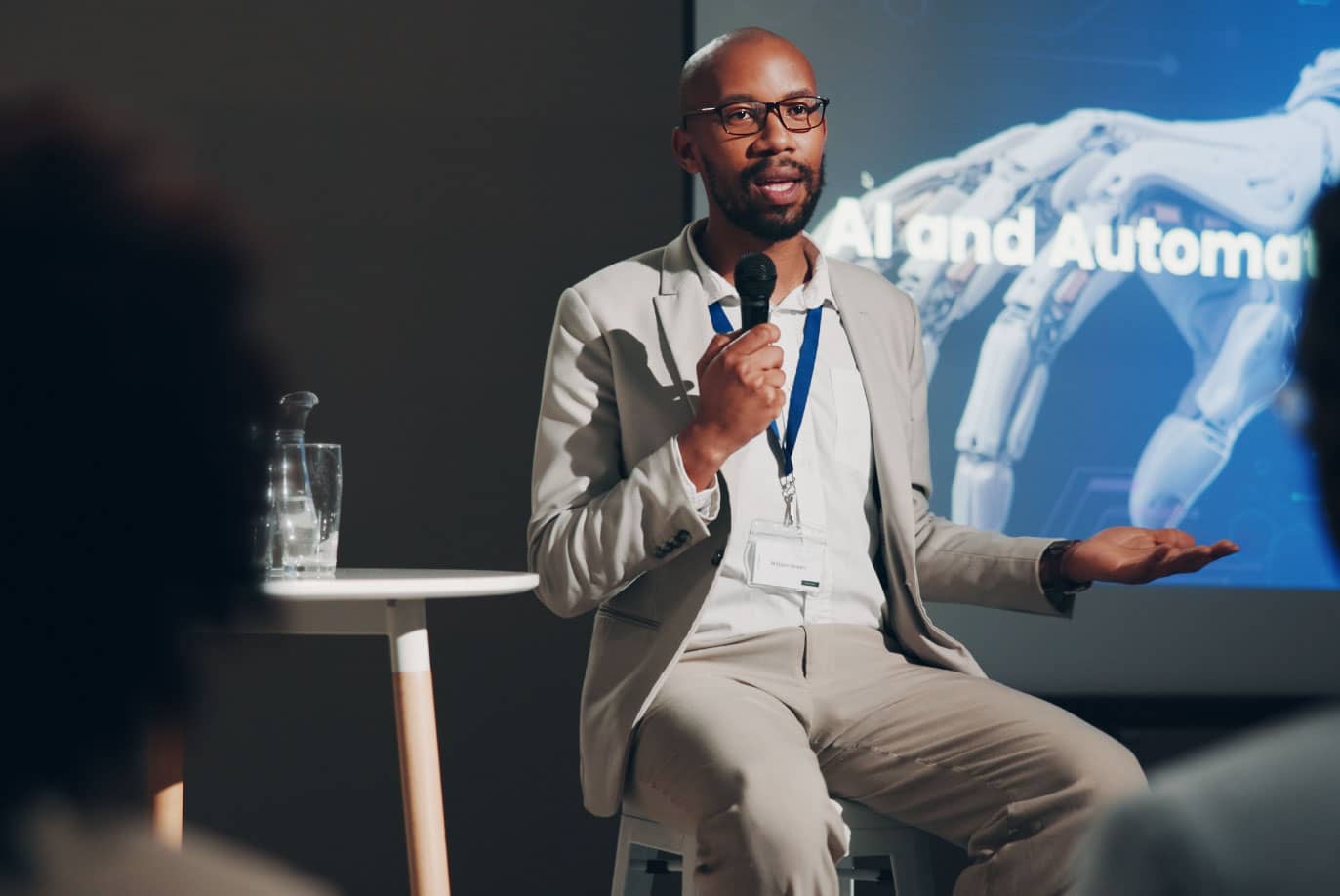Opening a beauty businessIt's more than just knowing the technique and having a good client portfolio. In an increasingly competitive scenario, it is essential to understand marketing, sales, strategic planning, people management, customer acquisition and loyalty strategies, data analysis, and more. In general, all this knowledge takes time to reach small businesses. And it is to subvert this game that theTulip Cosmetics– a pioneering company from Goiás in solutions for beauty professionals – is holding the third edition ofTulip Partners, event held inGoiania, in the daysJanuary 18th and 19th, withfree contentfor its distributors and partners throughout Brazil.
In two intense days, sevenspeakersof national renown linked to brands such asUber, FastEscova, G4 Education, Mechanic's Shop, auvpandPlot Co, they will share their knowledge with the brand's distributors and partners across the country. Topics such as Analytical Culture, Data-Driven Decisions, Innovation in Entrepreneurship, Customer Relationship, Commercial Strategy, Executive Leadership, Market Strategy, Entrepreneurial Mindset, and Sales Strategies will be addressed.
“The beauty industry is very lacking in terms of business strategies because most of them are self-employed professionals, true 'eupresas'. For a long time, these professionals focused only on the techniques to provide the service, but our mission is to teach them what big business owners know: strategic planning, growth, hiring and increasing staff, leadership, marketing, sales, etc.”, points out theCEO of Tulip Cosmetics, Richard Fugisse, who is a reference in strategic management and innovation for the beauty market and a speaker at the event.
Sector growth
From January to September 2024 alone, Sebrae (Brazilian Support Service for Micro and Small Businesses) recorded theopening of 170 thousand new establishments, between individual microentrepreneurs (MEI), microenterprises (ME) and small businesses (EPP), accounting for the opening of700 new deals daily, such as hairdressers, manicures and pedicures, aesthetics and specialized cosmetics stores.
Rich content and accessible strategies for small businesses
Rafael Rossato, will presentsimple strategiesand accessible to haverepeat and loyal customersand transform business performance without the need for significant investments. "Acquiring new clients is expensive, laborious, and often unpredictable. But with the seminar, we will address the pain points of those who have difficulty attracting new clients, whether due to complexity or lack of resources to invest," explains the specialist.
As a sales strategist, the talk byGustavo Pagottowill help entrepreneurs and business leaders organize sales operations in 2025, focusing onaccelerate your results. Expert in transforming numbers into impactful actions,Karina Pivawill teach you how to use intuition, knowledge and information in data and practical steps to leverage and change your business scenario with the information you already have.
Beatriz Marqueswill talk about howsell more spending lessthrough good service via WhatsApp, phone, or email, taking advantage of the internet. "I will share a sales model applicable to any business to achieve higher revenue and high customer satisfaction, through connection and relationship with them," he points out.
Contribute to the market and develop business throughout Brazil
One of the company's main objectives with the event is to contribute to the entire community of companies and partners associated with the brand, from suppliers and beauty professionals to distributors from various states in Brazil. "We want to improve their profitability, bring more knowledge to increase revenue and enhance marketing. Since the first edition, we have received many positive feedbacks regarding process improvements, workload reduction, better communication and marketing strategies, faster problem resolution with techniques learned from us, and, of course, sales results," evaluates theBrand Marketing Director, Joaquim Araujo.
“We want our distributors to have the structure to develop and grow year after year. Therefore, our main objective in this edition of the event is to structure the client in terms of governance, sales process, etc. Until the previous editions, we were bringing them initial strategies for marketing and community development, financial and people management, but now we are starting to think about the future together with them. The focus is on development, continuous improvement, innovation and even the use of artificial intelligence in the business”, explains Joaquim.
Service
What: Open Doors Tulip(journalists visit the showroom) +Tulip Partners(closed event for partners, with coverage by journalists accredited in advance)
When: January 17th from 1pm to 6pm |Open Doors Tulip(15th Street, 1969, St Marista) January 18th from 8am to 7pm |Tulip Partners no HeyHub Coworking (Avenida Assis Chateaubriand, number 1595, West Sector)
Accreditation and Press Office: Karolina Vieira (62) 98173-3471
Speakers available for interviews
Executive Leadership and Market Strategy
Richard Fugisse – CEO of Tulip Cosmetics
Analytical Culture & Data-Driven Decisions
Karina Piva – Former iFood and Uber
Leadership and Innovation in Entrepreneurship
Marcia Queirós – Co-founder of Fast Escova
Customer relationship, business success
Rafael Rossato – Mechanic’s Shop
Commercial Strategy and Sales Leadership
Beatriz Marques – Head of Sales at Supernova and right-hand woman at AUVP
Strategy, Leadership and Entrepreneurial Mindset
Ciro Ribeiro – Founder of Enredo
Sales Strategies
Gustavo Pagotto – Founder of Pipelovers and mentor at G4 Education and LinkedIn Learning











